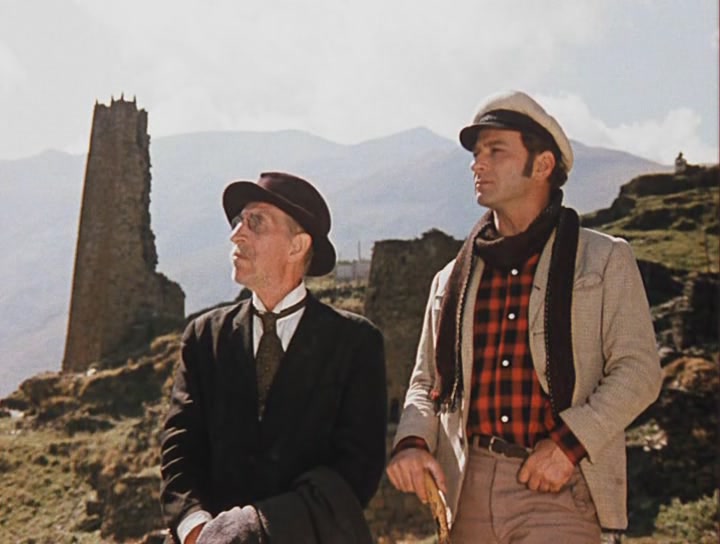"Jewish wife is not a luxury, but a means of transportation"
Old cynical Soviet joke. It makes more sense for those familiar with the Russian literature beyond Tolstoyevsky
Old cynical Soviet joke. It makes more sense for those familiar with the Russian literature beyond Tolstoyevsky
https://twitter.com/jordanschnyc/status/1546437007127318530
If you want to understand *modern* Russian culture, don't read 19th c. aristocrats. They're all dead and their world is dead, too. Read the "Twelve Chairs" and "Golden Calf" instead. Picaresques on Ostap Bender's adventures may be two most influential books of the Russian 20th c 

Quoting the 19th c poetry is classy for Russians for the same reason it is classy for Europeans to quote Roman or Greek authors. It is a dead language of a dead culture. 19th century is the Russian antiquity. That world died and modern Russia doesn't have much continuity with it 

1921-1929 - that's when modern Russian culture started for real. Retrospectively the roaring twenties may look as a flash of light in the darkness. Old pre-revolutionary culture is honestly not that relatable. Regarding the Soviet culture of 1930-1980s, few want to relate with it 

Crazy yet witty Galkovsky made a good observation. Muslims described Christians and Jews as "People of the Book". Soviets could also be described this way. Except this book would be the Twelve Chairs rather than Bible or Torah. Yuri Andropov reportedly learnt this book by heart
The high to late Soviet literature turned out to be sterile. Writers were not all bad, it's just that the world they lived in and described is unattractive. Stalinism what nightmarish, Khrushchevism absurdly delusional, Brezhnevism just outright dull. Who reads Trifonov nowadays? 

In spite of all their hardships and horrors, the 1920s turned out to be a breath of fresh air before the darkness fully gathered. And few want to relate with the art created under the Necropolis of Stalinism. That's why it is so unreadable today 

1920s were probably the highest point of the 20th c Russian literature, at least in terms of their long term cultural impact. These books are so readable and quotable largely because of the world they picture. This world might be horrifying. But it is certainly not dull. The end 

• • •
Missing some Tweet in this thread? You can try to
force a refresh






